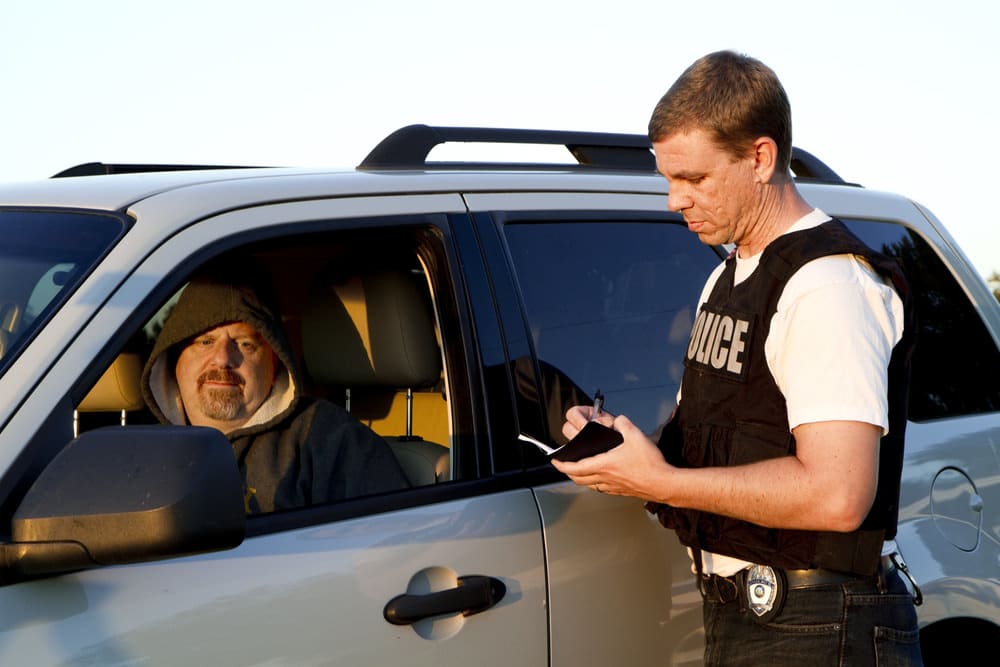

As soon as you get behind the wheel of a car, you are held accountable for obeying all traffic laws. Failing to do so can have consequences, especially when you see those red and blues flashing behind you. Whether you’re an old hat or a newbie to the road, the following are a few of the essential things to know about traffic laws.
Being Pulled Over
Any time you are suspected of breaking a traffic law, police officers have the right to pull you over. Whether you realize you were in the wrong or not, yelling at the officer isn’t going to help your case. In fact, doing so, or acting in a manner that can be seen as threatening, can lead to additional fines or even criminal charges depending on the severity.
Going to Court
Many drivers believe they can get out of traffic tickets simply by showing up to court and the issuing officer not being there. However, this just isn’t true. The judge or presiding official always has the say-so over whether a ticket is thrown out or not. While there may be times when the officer not being there works, your best bet is to make sure you have some kind of proof to show the judge.
The Flow of Traffic
Another myth concerning traffic laws is that drivers won’t be pulled over if they’re moving with the flow of traffic. In reality, you are just as likely to be the one stopped as any other driver doing the same speed. Cops can’t pull over everyone at once, so some might get away, but not all speeders will. If you’re the unlucky one that gets nabbed, just know it was your day to take one for the team – and perhaps slow down and drive the speed limit so it doesn’t happen again.
Driver’s License Points
Most states use a point system when drivers are issued tickets. If you are pulled over for violating a traffic law and are issued a ticket, a certain number of points will be added to your license. If you accrue too many (the amount varies by state), you could lose your license. These points can increase your car insurance premiums as well.
Construction Zones
The traffic laws in construction zones differ from other areas. Speeding in a construction zone can result in much higher fees and increased points on your license. Any time you see workers, barriers and equipment, slow down to the posted limit for that area.
Traffic laws may seem irritating when you get a ticket, but they are there to keep everyone safe on the road. Take the time to follow them so everyone gets where they need to go safely.



